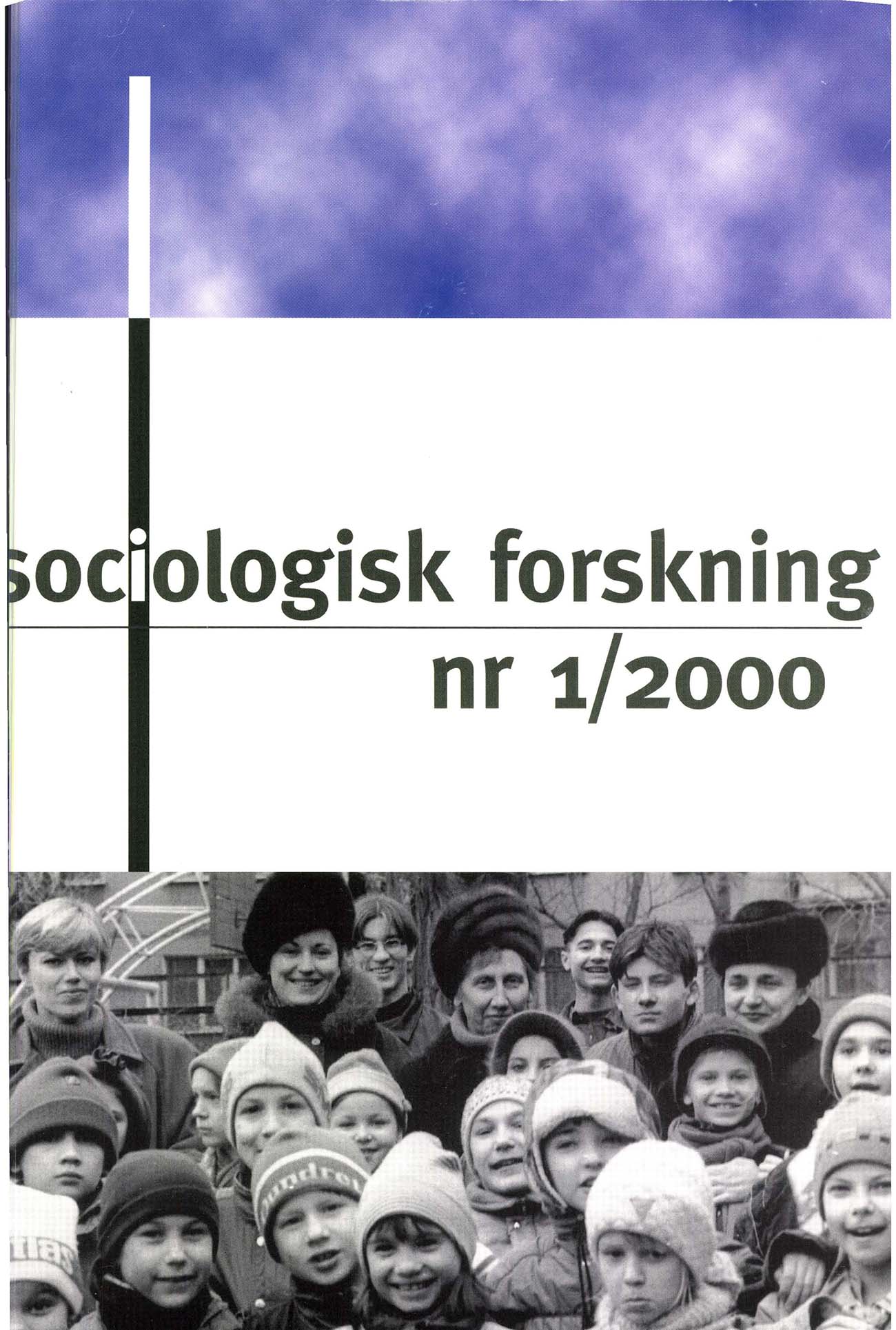Den fungerande demokratin? Socialt kapital och demokratisering i västra Ukraina
DOI:
https://doi.org/10.37062/sf.37.19469Abstract
Futnam’s 'social capital theory’ goes east: a case study of Western Ukraine and L'viv
The article is an attempt to probe Putnam’s ”social capital theory” using a case study approach to the analysis of democratisation in post-socialist societies. For this purpose Western Ukraine and more specifically the city of L'viv during the first years of independent statehood is analysed by help of available survey data, focus group discussions and deep interviews. It is argued that while political culture and social capital do play an important part in the former socialist states, Putnam ’s definition of social capital needs to be critically examined and in part re-interpreted. Public life in these countries are mostly associated with the type of ’non-communitarian’ social capital Putnam found in Southern Italy, deriving mainly from negative experiences from state socialist institutions. However, contrary to Putnam’s argument, lack of trust in formal institutions is not due primarily to difficulties to implement sanctions in the particularistic and vertical networks from which non-communitarian social capital is built. The exchange relations that constitute the backbone of communitarian and non-communitarian social capital respectively draw on two different modes of reducing social transaction costs. It is hypothesised that it is this difference rather than implementation of sanctions as such that is the key to the problem and that it is above all the mode of reducing social transaction costs typical to non-communitarian social capital which impedes the building of trust in formal institutions. Furthermore non-communitarian social capital still in many respects continue to represent a more efficient tool for practical problem solving compared to formal institutions. It is concluded that these two features increases the importance of institutional design and third-party enforcement rather than diminishing the role such factors play to successful democratisation.
Downloads
Published
How to Cite
Issue
Section
License
All content in Sociologisk Forskning is published with immediate open access, under the Creative Commons license CC BY-NC-ND 4.0.
All content may be read, downloaded, shared and printed for non-commercial purposes, free and without fees. Contents may not be altered. When content is reused, author, source and a link to the copyright licence must be provided. The author retains copyright to their content. No publication fees are charged.





